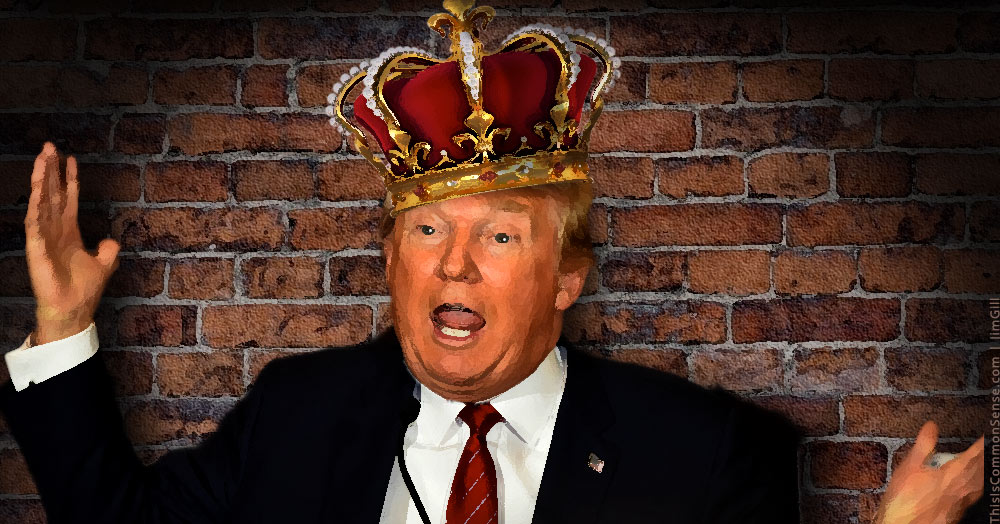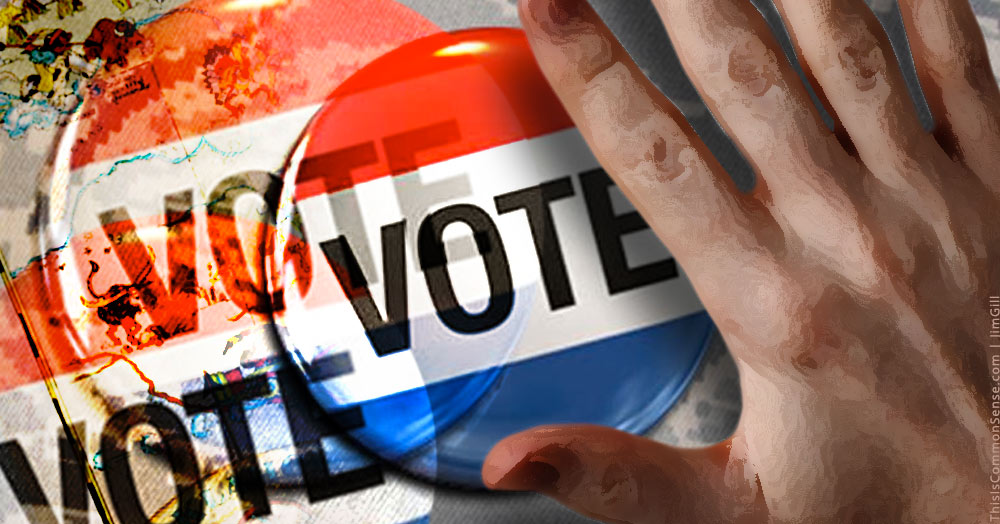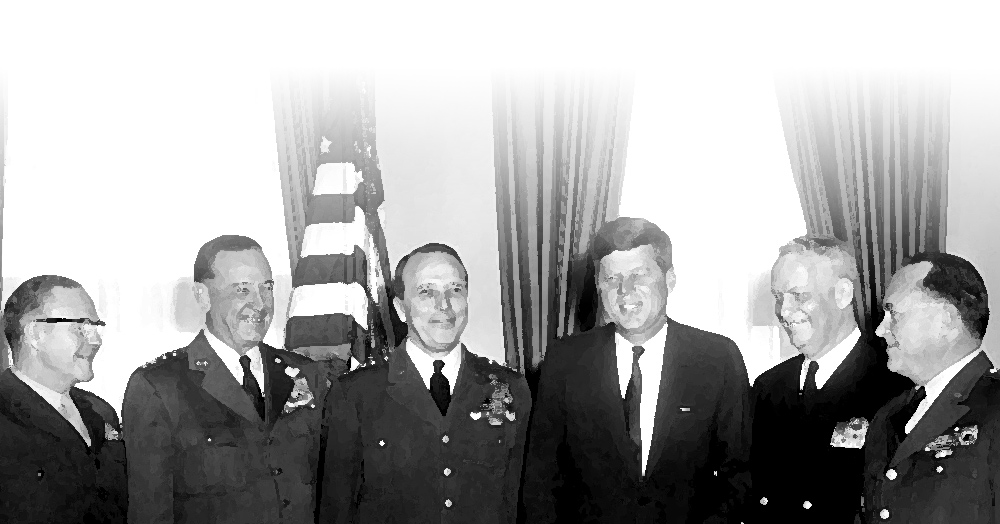President Donald Trump’s promise — threat? mere negotiating gambit? — to add a 25 percent tariff on steel could usher in a new international trade war, which he says is “easy to win” but which in reality could lead to a cascade of tariff increases worldwide, throttling trade and plummeting us into a Great Depression.*
This is not just politically divisive (designed to please his protectionist base), it’s socially and globally divisive.
But that’s not the only radically divisive move at present.
Last weekend, YouTube froze, for a short time, the account of one of the most popular channels on the video service, Alex Jones’ Infowars. This is part of a major effort by Google’s platform, Jones says,** as well as a general trend by businesses and European governments, to suppress the speech of the strongest critics of open immigration, PC speech codes, gender politics, and outrageous media bias. Though, in Jones’ case, admittedly peddling some ridiculous conspiracy theories in the process.
YouTube has admitted that the new people the company had hired to police the platform — from the Southern Poverty Law Center, Jones pointedly emphasizes — had taken down thousands of sites without cause.
For partisan reasons. Apparently.
Jones and many other YouTubers call it a “purge.”
What to make of all this I’m not sure. But I do know that the pressure that activist groups are putting on some companies to sever all ties with the National Rifle Association has an obvious problem: fracturing the market into warring political tribes.
Do activists on the left not see where this ultimately leads? Some companies serving half the market, others the other — this is a disaster in the making.
I prefer civil discourse.
And democracy.
This is Common Sense. I’m Paul Jacob.
* Just as it happened in 1929 – 1931 with the Smoot-Hawley Tariff Act.
** Infowars insists that CNN is behind at least some of the push against Jones’ popular radio/podcast news-and-conspiracy commentary business, as CNN’s own coverage more than suggests.











